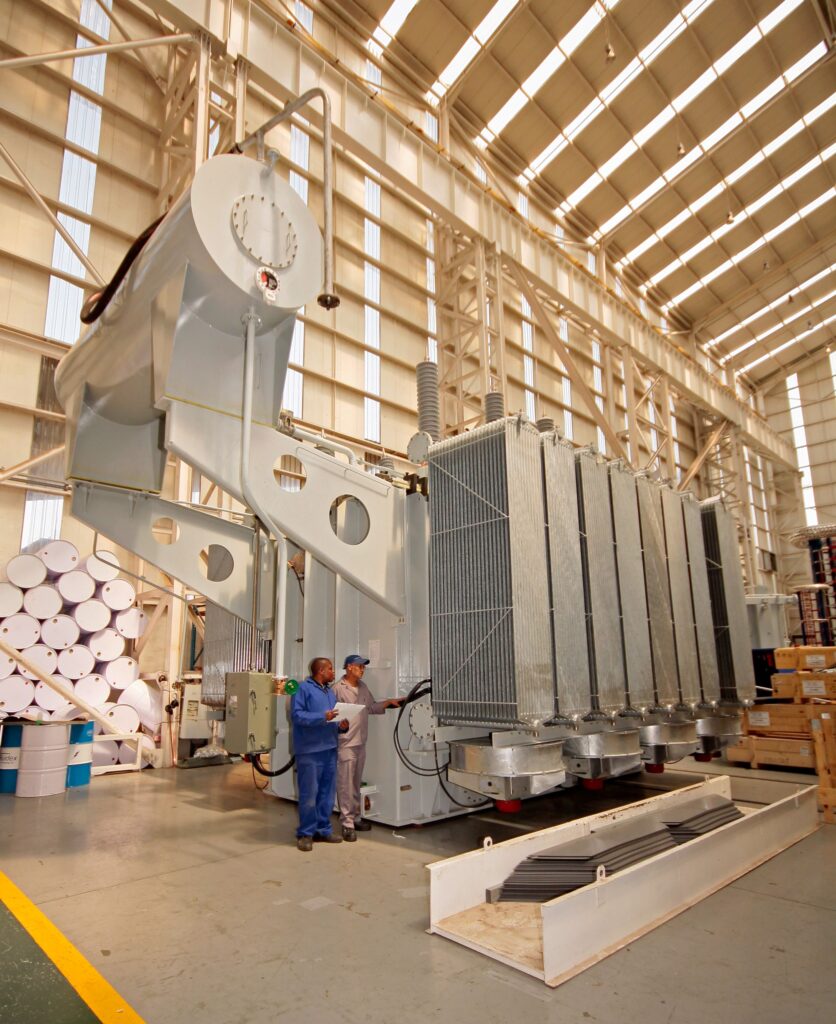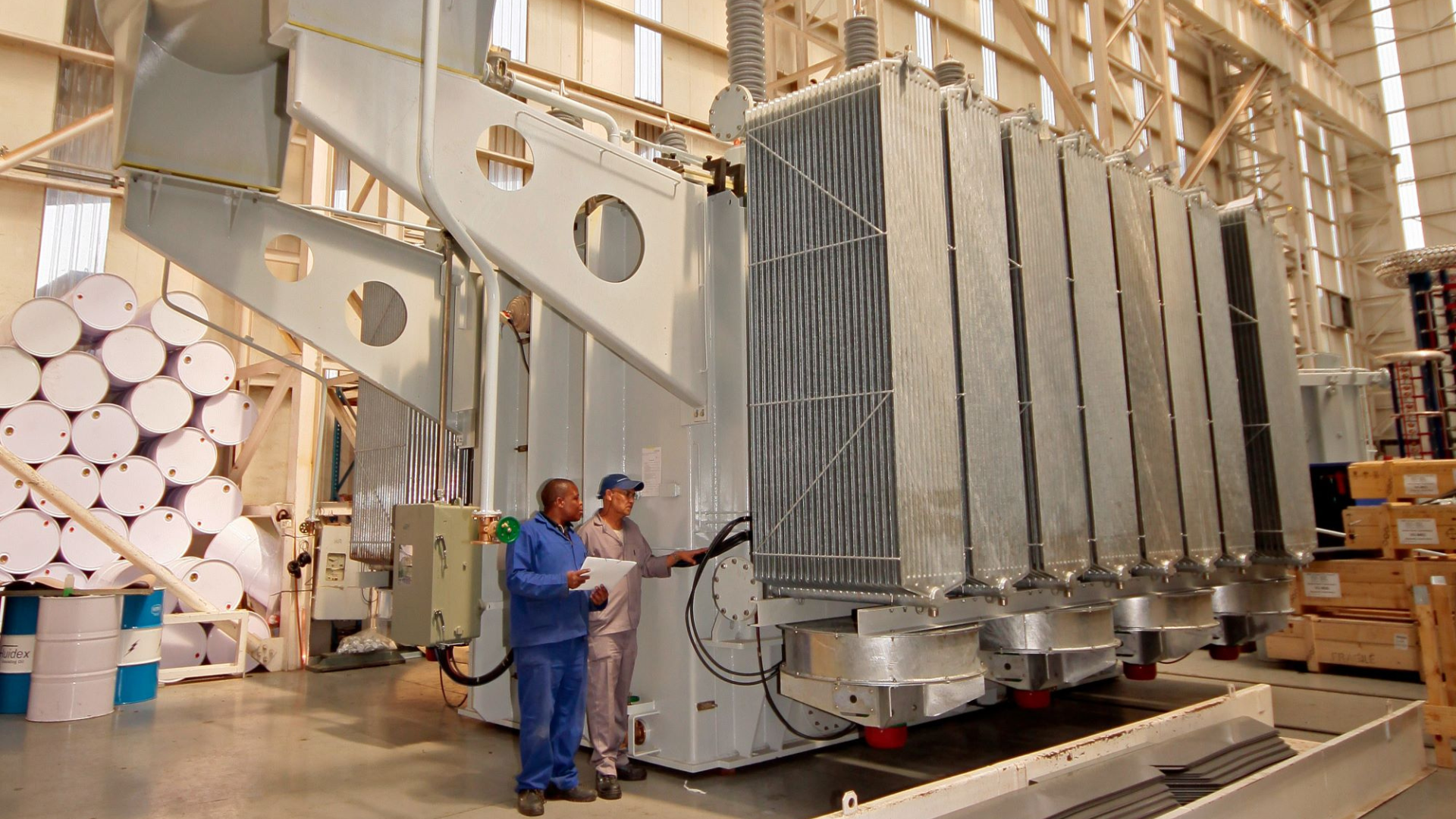Speed and efficiency are of the essence in the fast-evolving power generation and distribution space; however, a significant challenge is the prolonged lead times associated with acquiring transformers – key components in any electrical infrastructure.
Such delays could result in project setbacks, increased costs and, crucially, a slower response to power demands. Typically, the transformer is the longest lead time item in a transmission or substation project, so there is usually immense pressure to purchase this piece of equipment to ensure that the entire project can be delivered on time, whether it is a refurbishment, upgrade, or build.
Many transformers for local use are acquired from overseas markets, but the majority of transformer factories are currently extremely busy and have overloaded order books. Projections indicate this trend will persist for the next five to eight years, driven by continued growth in global energy demand. This demand is driven by the uptake of renewable energy – whether solar, wind or geothermal – demand growth in China and India, and the replacement of older, inefficient transformers in the US and Europe. Additionally, the electrification of motor vehicles requires power to be distributed to a network of charging stations.
Shorter lead times
It is therefore prudent for South African industrial organisations that require transformers for energy projects to engage with local manufacturers as end-to-end lead times could be significantly shorter compared to relying on international suppliers. For example, aside from the manufacturing period, sourcing a transformer from an international manufacturer requires it to be shipped to South Africa, pass through customs, and then be transported by road to the project site. This could easily add on up to eight weeks to the lead time – which is a significant delay. That is an additional two months before the project can start generating profit and a return on investment.
What is more, acquiring a transformer from an overseas supplier also increases the risks associated with the transportation of this electrical equipment. While transformers might look like huge chunks of steel from the outside, they are very fragile pieces of equipment. Invariably, there are risks in loading and unloading these large transformers and very often, once they arrive at port, they are loaded onto a vessel that is not heading directly to South Africa. Instead, they are first taken to a central hub and then transferred onto another vessel that will eventually head to a South African port.
Unfortunately, the risks associated with transportation are compounded by the current logistical challenges at our local ports, which increases both technical and time-related risks. Any business decision must take risk into account and relying on local manufacturing would certainly reduce transport-related risk.
Local aftersales support
It is also imperative to have local aftersales support for transformers and this should not take the form of a sales office, but rather locally based skills and equipment, as well as feet on the ground. When a transformer experiences problems during the warranty period, there is only so much that can be done on-site with these enormous units. What is required is a workshop in which proper repair work can be conducted, using the right equipment and tooling, and it is unlikely that an international supplier would have that level of local support and workshop space.
When sourcing transformers locally, a lot of effort goes into a quality assurance programme, the vetting of suppliers and products and progress inspections to ensure that the customer receives a product designed and assembled to last 25-plus years. However, this falls away significantly, if not totally, when transformers are procured internationally.
Energy project owners should therefore apply the same rules and principles to the acquisition of transformers as to any other equipment and if these are too difficult to apply, then it is perhaps an indication that they should take better control over the product and source it locally.



